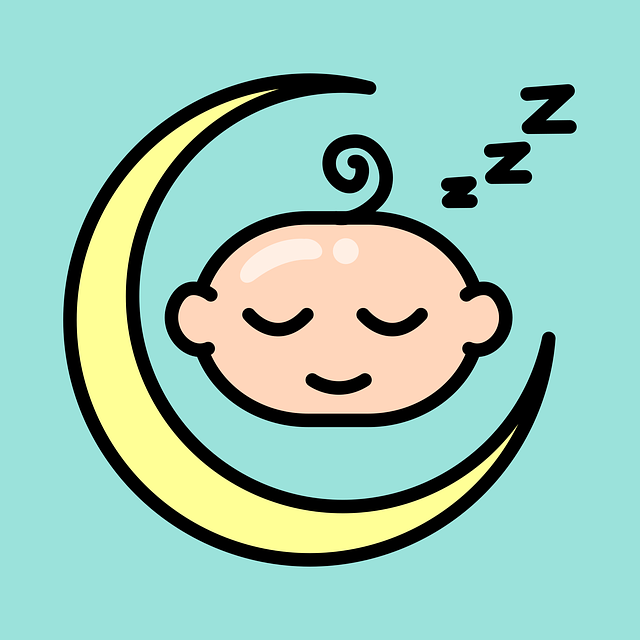According to Kids Health Publication, toddlers need an average of 11-14 hours of sleep and preschoolers need an average of 10-13 hours of sleep per day, with naps included. Sleep is an every day necessity for all people, but especially for growing children due to their rapid development on a physical, cognitive, and emotional level. Children who are sleep deprived or who have sleep challenges may appear to be more moody or hyperactive and may visually present as being fatigued which challenges their interaction and learning potential.
In early childhood, challenges with sleep may include a child’s general resistance to going to bed, frequent wakefulness at night, patterns of nightmares/sleep walking, or documented sleep regression. Parents are encouraged to follow a specific set of parameters for promoting consistency and efficacy in their young child’s sleep patterns:
- Solidify a bed time, wake up time, and nap time expectation
- Maintain a predictable bedtime routine
- Provide consistent quiet time 30-60 minutes before bedtime
- Ensure a child’s bedroom is quiet, cool, dark, and comfortable
- Reserve a child’s bed only for sleeping
- Limit foods and drinks before bed
- Set the expectation that parents leave the child’s room at night
- Set the expectation that children sleep in their own bed
- Surround children with items of comfort in their bedroom
It is recommended that if parents suspect that their child’s sleep challenges are impacting their daily behavior or functioning, that they seek out guidance from their family pediatrician for further support.
Get a Free Online Assessment
Looking for an expert opinion on your child's needs? Fill out a 3 minute questionnaire and receive a personal evaluation from our staff



